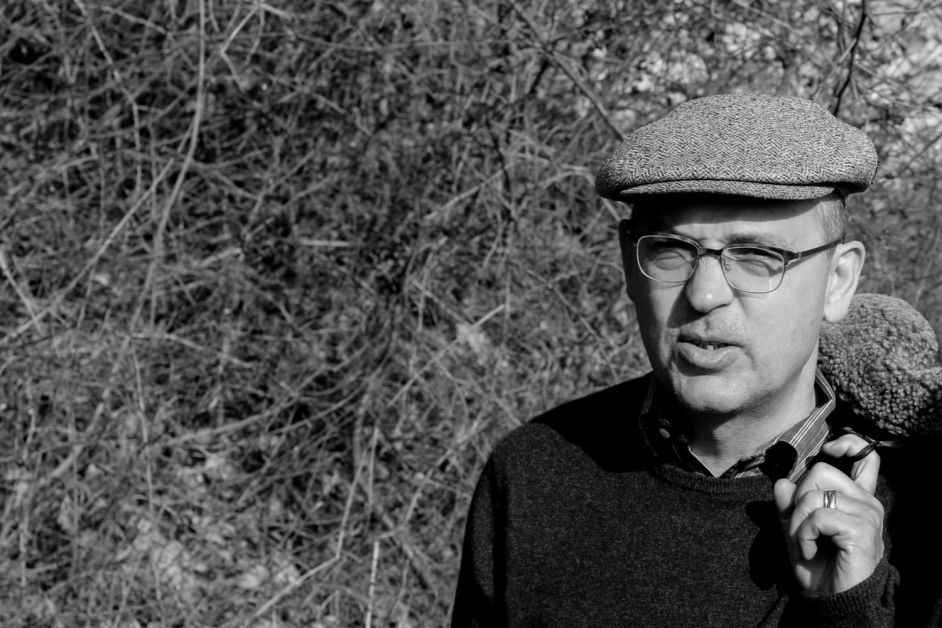born in 1959 in Krems an der Donau, studied history in many cities including Vienna, and has been director of the Community College in Hietzing since 1999. As a historian, he has conducted numerous research projects on National Socialism, Judaism, exile and numerous commemorative actions on expulsion and resistance in the Nazi state. Publications include "They Were Suddenly All Gone: The Jews of the Provincial Capital Krems ","February in the Province: A Investigation into the 12th February 1934 in the Northeast” and most recently “Krems 1938-1945. A History of Adaptation, Betrayal and Resistance."
